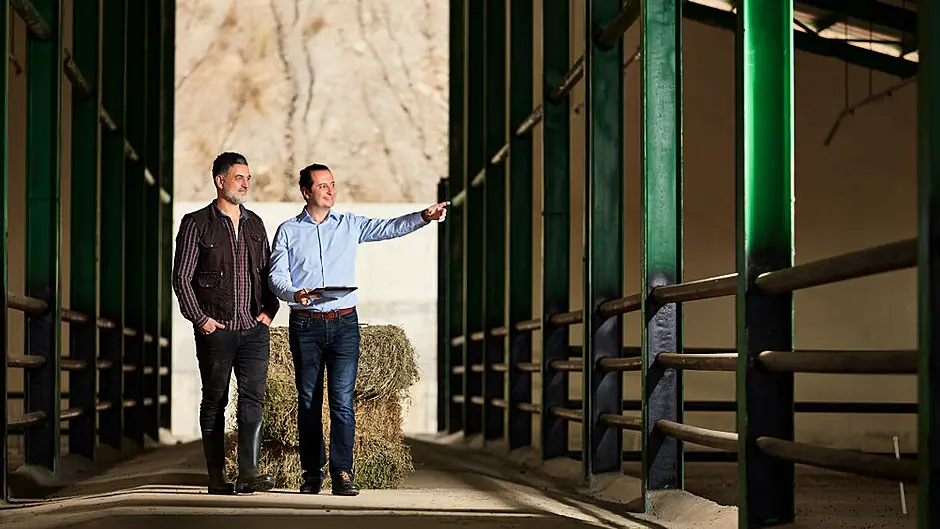By Donal Whelton, AIB Senior Agri Advisor
The nature of farming, like any business, is that farmers are continually investing in their farms, undertaking investments in land, infrastructure, buildings, stock, and machinery to improve on-farm efficiencies or productivity.
In AIB, despite the unforeseen Covid-19 challenges across almost all sectors, we are seeing strong demand for credit among farmers, particularly among dairy farmers and those trying to avail of grant aid under the Targeted Agricultural Modernisation Scheme (TAMS) before it expires end 2020.
I’ve outlined a few key considerations for farmers considering farm investment below:
• Take the necessary time to plan your investment carefully - give strong consideration to all your potential options, and seek strong professional advice where required to support your future plans.
• Be realistic in terms of what the farm can achieve. Use conservative market prices, levels of output and operating costs, and assess the potential impact of any investment on farm cashflow, particularly in the earlier years.
• Cost the investment properly and include a 10-20% contingency in all plans. Starting an investment from cash flow and running out of money will only lead to delays and add further costs.
• Visit similar type projects and get quotations from a number of reputable suppliers, using detailed specifications where possible to reduce the risk of having to pay over the odds for ‘extras’ at a later date.
• Don’t underestimate the length of time involved, from the planning process, attaining quotations/planning permission for the development work where relevant, and finally carrying out the development work itself.
• Where availing of bank borrowing, match the term of the loan with the productive life of the asset in so far as possible. Short term financing of long term assets, or trying to repay a loan for capital expenditure items over too short a time frame can often put significant pressure on farm cash flow. Come and talk to your bank business advisor as early as possible. They can offer advice on the appropriate structure of your loan, give indicative repayments on the proposed term and also advise on what supporting information will be required to support your loan application. It is also important to assess the profitability of your business over a number of years (3-5 years) rather than looking at one year in isolation. This will give a truer reflection of your business performance. I have included an example of a repayment capacity table (used in conjunction with your audited accounts) which we typically use to assess business performance.
| Year ending | 2017 | 2018 | 2019 | 3 year average |
| Net profit | ||||
| Plus:
Bank Interest & Charges: Depreciation: Machinery leasing charges: |
||||
| Cash available | ||||
| Less:
Drawings: Tax & pension contribution: Existing bank repayments: |
||||
| Surplus/Deficit for new repayments |
• The above table also outlines the difference between Net Profit generated by the farm and the available Cashflow to service new repayments. The net profit in any one year may have to be allocated to other area’s (drawings, tax, pension, existing repayments) before the free cashflow is evident that is available to service proposed new repayments.
Ultimately, the investment decisions of individual farms will depend very much on past investment undertaken, existing farm performance, available resources, and/or personal and business goals. As a leading bank for the sector, I would encourage farmers contemplating farm investment to contact AIB to see how best we can support your individual needs, call 1890 47 88 33 (available 8am - 9pm on weekdays) or visit www.aib.ie/farming.
Lending criteria, terms and conditions apply. Credit facilities are subject to repayment capacity and financial status and are not available to persons under 18 years of age. Security may be required. Allied Irish Banks, p.l.c. is regulated by the Central Bank of Ireland.









